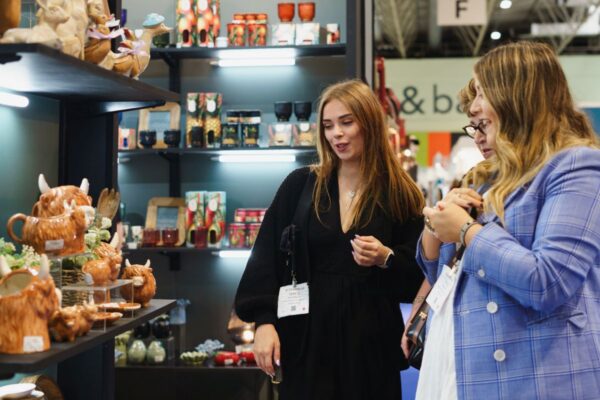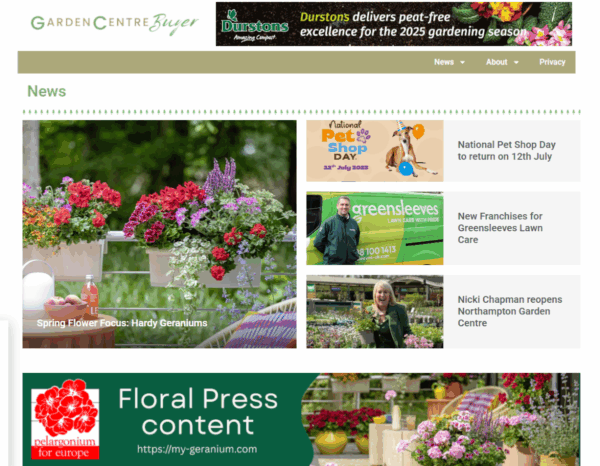 Research analyst GfK has tracked consumer confidence and behaviour since the UK’s vote to leave the European Union and found that lower income earners are slightly more confident than this time last year, whilst the more affluent seem to be having a few doubts.
Research analyst GfK has tracked consumer confidence and behaviour since the UK’s vote to leave the European Union and found that lower income earners are slightly more confident than this time last year, whilst the more affluent seem to be having a few doubts.
The causes of stress are on the rise across all consumer demographics, for reasons as fundamental and far-reaching as having enough money to live comfortably and the health of self and family, to crime, terrorism and natural disasters.
Notions of ‘the good life’ have become less materialistic and more centred on self-fulfilment, spiritual enrichment, free-time and leisure. This is good news for the service, entertainment, travel and related categories, but “even manufacturers of staple goods can capitalise on this trend by shifting their focus to the areas that are gaining in their appeal”.
The most significant development is that British consumers are feeling guilty when doing something that is bad for the environment. The report states: “Also growing, but by a smaller margin, is the idea that products and services must appeal to consumers’ beliefs, values and ideals. Whether to assuage guilt, feel good about themselves or even “virtue signalling”, consumers look for ways to help them be more virtuous.
“Green Guilt” does not necessarily mean that people are prepared to drop their regular products or services for environmentally-friendly alternatives, although many are trying to source and switch to eco-friendly, organic and ethically sourced items. Consumers may not be willing to compromise on price or quality, but if ethical or environmental benefits can be offered on top, then there is a chance that their choice will be swayed
 Product origins in general are of increasing importance, with the past 12 months seeing further growth in the number of consumers – especially the over 50’s – agreeing that where and how a product is made is very important to them. “There is an ethical and transparency angle to this trend, and potentially a patriotic one as well”, according to GfK. Retailers and manufacturers alike have – and still can – capitalise by openly ‘backing Britain’ and being champions of eco-friendly, fairly traded, high quality products with sound provenance.
Product origins in general are of increasing importance, with the past 12 months seeing further growth in the number of consumers – especially the over 50’s – agreeing that where and how a product is made is very important to them. “There is an ethical and transparency angle to this trend, and potentially a patriotic one as well”, according to GfK. Retailers and manufacturers alike have – and still can – capitalise by openly ‘backing Britain’ and being champions of eco-friendly, fairly traded, high quality products with sound provenance.
When asked the question, over half of UK consumers say they’re more likely to buy products that are promoted as being made in Britain, with 46% saying British products are better designed, 50% saying they’re better quality and 44% willing to pay more for the Made in Britain assurance. Food and drink is the category where local provenance is most important, but it plays a role in many others.
Certain personal values are also growing, with “respecting ancestors, creativity and internationalism” leading the way in this area. The over 50s are looking to their ancestors as younger generations cite internationalism as the essential value. However, “respecting ancestors and having a desire to preserve and celebrate heritage does not have to be at odds with embracing internationalism. The best strategy is to have a clear idea of what you stand for as a company and stay true to that in your communications and actions.”
 The strong sense of nostalgia felt by many consumers has meant that retro brands and products continue to have strong appeal. Volkswagen campervans are still all the rage, while camping, glamping and other comfortable-but-hippy-ish type activities – preferably combined with music and arts festivals – are also topping the cool list.
The strong sense of nostalgia felt by many consumers has meant that retro brands and products continue to have strong appeal. Volkswagen campervans are still all the rage, while camping, glamping and other comfortable-but-hippy-ish type activities – preferably combined with music and arts festivals – are also topping the cool list.
The sharing economy is also on the rise as peer-to-peer services like Uber and Airbnb become more widespread, with millennials in particular embracing a trend which aims to capitalise on consumers’ desire to maintain a certain quality of life even if finances are strained. Traditional suppliers can counter the threat by maximising concerns consumers may have about quality, trust and possible ethical qualms, such as low pay or job insecurity of gig economy workers.
One of the most increased attitudes among UK consumers is the willingness to pay more for products that make their lives easier, especially for 15-34s. Time is an increasingly precious commodity, and solutions that help consumers to save it are increasingly sought after and therefore lucrative. 31% of UK consumers agree they are willing to pay more for products that make their life easier, an increase of 9 pts in this category since 2011. 25% agree they would rather have more time than more money, up 2 pts in the same period.
 In London, for example, a service offering one-hour book delivery from local, independent stores has taken off. The NearSt database shows inventory from local bookstores, enabling customers to collect instantly or opt for same day delivery. The searchable database enables Londoners search for a book or author by postcode, then order an item for instant collection, or one-hour delivery.
In London, for example, a service offering one-hour book delivery from local, independent stores has taken off. The NearSt database shows inventory from local bookstores, enabling customers to collect instantly or opt for same day delivery. The searchable database enables Londoners search for a book or author by postcode, then order an item for instant collection, or one-hour delivery.
The conclusion of the report is that the UK is not yet in an economic downturn situation where consumers are behaving tactically and a different playbook will apply. In the current context, importance should be placed on understanding consumers’ aspirations, values and fears. Besides the economic decisions we face on a daily basis, there is a lot of emotional reaction to the current situation.
You can download the full report from here












